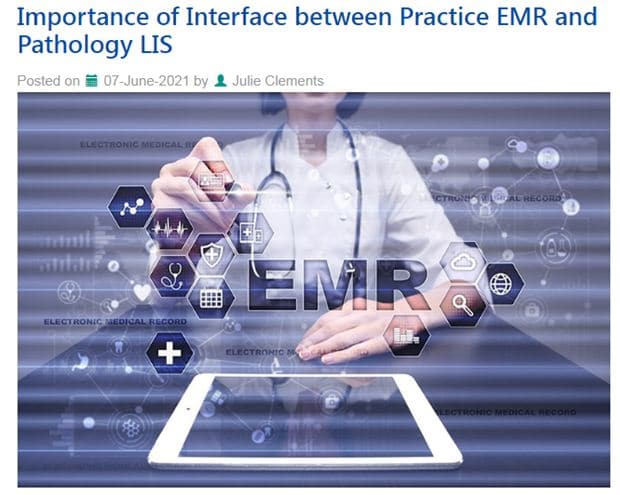With increasing patient volume, administrative work related to visits, and other duties, physicians face mounting demands on their time. Medical transcription outsourcing helps with electronic medical record (EMR) documentation, allowing physicians to focus on face-to-face contact with patients and provide better care. According to a new study, just a dose of reassurance during the clinical encounter can reduce symptoms and is enough to make patients feel better. The findings of the study led by Alia Crum, assistant professor of psychology at Stanford University’s School of Humanities and Sciences were published recently in the Journal of General Internal Medicine.

According to graduate student Kari Leibowitz, lead author of the paper, the study provides evidence that the placebo effect works. Just a few encouraging words from the physician can make a patient feel better. The Stanford psychologists found that the physician’s assurance about a patient’s recovery time from an allergic reaction can significantly reduce symptoms.
The researchers tested the effects of a physician’s words on patient symptoms through a simple experiment with 76 study participants. Up to 61.8% were female and 54% were younger than 22 years. The steps involved in the study were as follows:
- A harmless, allergic reaction was induced in the participants by administering a histamine skin prick. Used to diagnose allergies, histamine causes reactions like swelling, rashes and itching.
- After the skin prick, the participants rated how itchy they were on a scale of zero to 100 at 3, 9, 12, 15 and 18 minutes.
- Six minutes later, the physician came in and reassured approximately half of the participants by saying “from this point forward your allergic reaction will start to diminish, and your rash and irritation will go away.”
- The physician said nothing to the rest of the participants (the control group) about the reaction they experienced.
Both groups reported similar increase in itchiness in the first 3 minutes after skin prick before receiving any assurance. However, it was found that the feeling of itchiness declined significantly faster in the participants who received just a few words of reassurance from the health care provider, compared to those who got no reassurance about their reaction or recovery.
“For many conditions, the simple act of being reassured by a medical professional can aid in the healing process, and we needn’t always rely on medication and procedures to make us feel better. My hope is that findings like this one inspire additional research on the physiological mechanisms of assurance as well as promote training and compensation for physicians to more effectively leverage psychological forces in their practice,” Crum told Stanford News.
According to the researchers, “These results provide empirical support for the clinical utility of assurance alone and suggest that reassuring patients who consult for minor complaints may not only equip patients with helpful information – it may assist in alleviating patients’ symptoms.”
Studies show that placebos can influence conditions such as depression, pain, sleep disorders, irritable bowel syndrome, and menopause. The placebo effect is generally attributed to a person’s expectations. If a physician gives a patient a pill saying it will make them feel better, the pill often proves effective. The theory is that the body’s chemistry will produce effects similar to those that a medication could have.
WebMD reports on a study in which people were given a placebo and told it was a stimulant. After taking the pill, their pulse rate rose, their blood pressure increased, and their reaction speeds improved. When people were given the same pill and told it was to help induce sleep, they experienced the opposite effects.
Anxiety is a common emotion experienced by patients and reassurance by a medical professional helps. How healthcare professionals manage patients’ or families anxiety and other emotions can also have a big impact on the patient’s wellbeing. In fact, nurses have a major role to play when it comes to reducing patients’ anxiety. Here are some tips from Nurses.com:
- Listen to the patients and their families
- Ask the patient how he/she is feeling
- Keep the patient calm and comfortable by asking them questions about their work and other aspects of their personal life
On their part, physicians should work to build a positive relationship with patients at the clinical encounter by:
- Showing courtesy and respect
- Showing empathy
- Listening and maintaining eye contact
- Asking the patient about themselves
- Communicating in earnest and explaining the diagnosis clearly
- Working with the patient to set the care plan
Patient satisfaction and health outcomes are both impacted by whether patients feel that the people treating and caring them are sensitive to their needs and empathize with them. Establishing good rapport with patients, communicating effectively and reassuring them play an important role in improving patient health. EHR-integrated medical transcription services are a great option for physicians as it allows them to focus on reassuring patients and building a positive relationship with them at the office visit.


